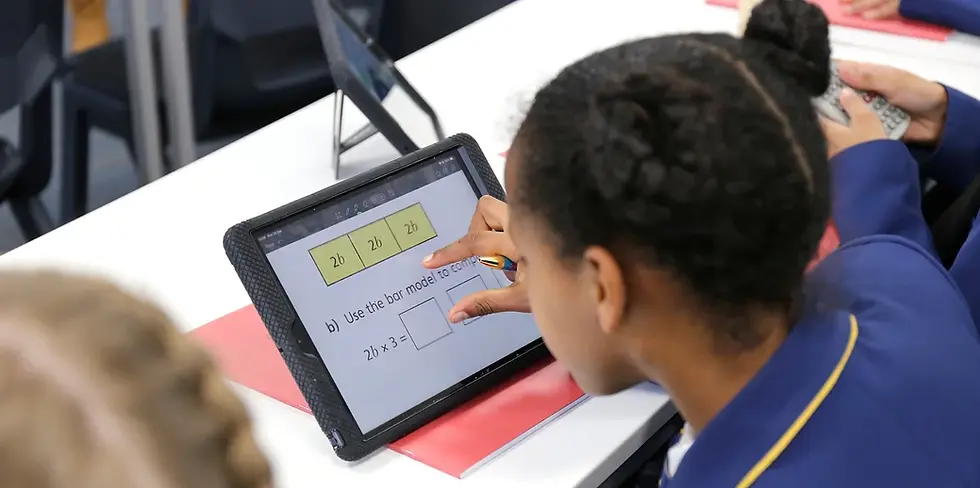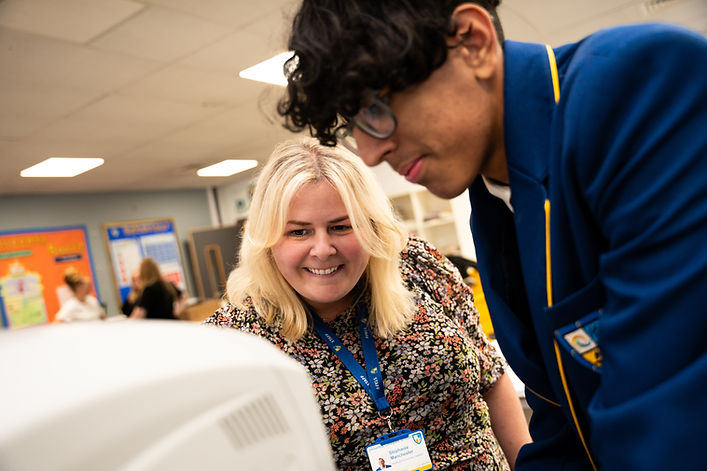
Psychology
Curriculum Overview
Humanities comprises four key subject areas; Geography, History, RE and Psychology. At KS3 students follow bespoke curriculums for Humanities (Geography and History combined) and RE.
Humanities at KS3 has been developed using the Edexcel KS3 scheme of work for History as a foundation, with links made to the national curriculum for Geography, ensuring all elements of the national curriculum are followed. RE at KS3 uses the Bolton Agreed Syllabus as its foundation, but has been developed to reflect the key questions faced by the students of our college.
At KS4 students study Geography (AQA), History (Edexcel), Psychology (AQA) and RE (AQA short course). All students currently study either Geography or History as one option, and Psychology has a high uptake as another option – all are popular subjects within KS4. RE is taught to all students as part of the PSCHE curriculum within the college. Students achieve well in Humanities, and through the key links between KS3 and KS4 we will continue to challenge all students to make the best progress they can, especially those who have achieved highly in previous key stages.
At KS5, students currently have the option to study Geography (AQA) and Psychology (AQA). Students who have opted for the subjects do incredibly well in achieving the highest grades, with both subject areas scoring highly on the ALPS system for measuring progress and attainment. As a department we work with the pastoral system in the college to support our KS5 students with planning and preparing for their stages of education or work.
The Humanities department is integral in supporting the college ‘Life-skills’ process, ensuring that students are provided not just with knowledge, but also the skills that they can transfer into everyday life outside of college. We review our curriculums each year, working together as a department to share best practice, but also working with colleagues from other schools to ensure that we are providing the most supportive curriculum for our students.

Teaching Psychololgy
The Humanities department follows whole school policies with respect to teaching and learning, and assessment and monitoring. A typical Humanities lesson contains the 5 P’s to guide sequencing of the lesson content. Humanities lessons incorporate where necessary, links to the school life-skills and employment/real-world opportunities. Student progress and attainment is monitored every lesson through effective, structured questioning (both written and verbal). Students regularly reflect on their learning to allow them to identify personalised targets to allow them to make further progress.
No student in Humanities is a passenger, all students expect to be questioned every lesson. All students take full pride in their work and respond positively to both structured guidance as well as independent learning. Students are aware of the success criteria for assessments and are supported and encouraged to try and exceed their agreed targets.

Culture
Humanities is taught and prepared by specialists with a genuine enthusiasm for the subjects being taught. This enthusiasm is reflected in curriculums that are designed to engage and enthuse all students, and inspire them to ask questions.
Through the use of fieldwork, educational visits and professional links, learning is taken outside beyond the classroom to further inspire students.
Through the use of the whole school feedback policy, students are able to reflect on their learning at regular intervals. This supports the progress and attainment of all students, and also allows targeted intervention to be provided if required.
UTC Fingerprint

The Humanities department, by its very nature, focuses on local communities and how events at different scales and different times impact on them. Through the life-skills programme, key topics and key skills are linked to real world applications. From the very start in KS3, the curriculums consolidate and then build on the learning from previous key stages. For example, in KS3 Humanities, students start by learning about the place they live, both today and in the past. In RE, students gain knowledge of world religions before focusing on the religions local to them.
At KS4, both History and Psychology contain units of work that link to the health specialism of the college, whilst in Geography, students are asked to apply engineering knowledge to provide solutions to real world issues. This is continued and developed in KS5.





